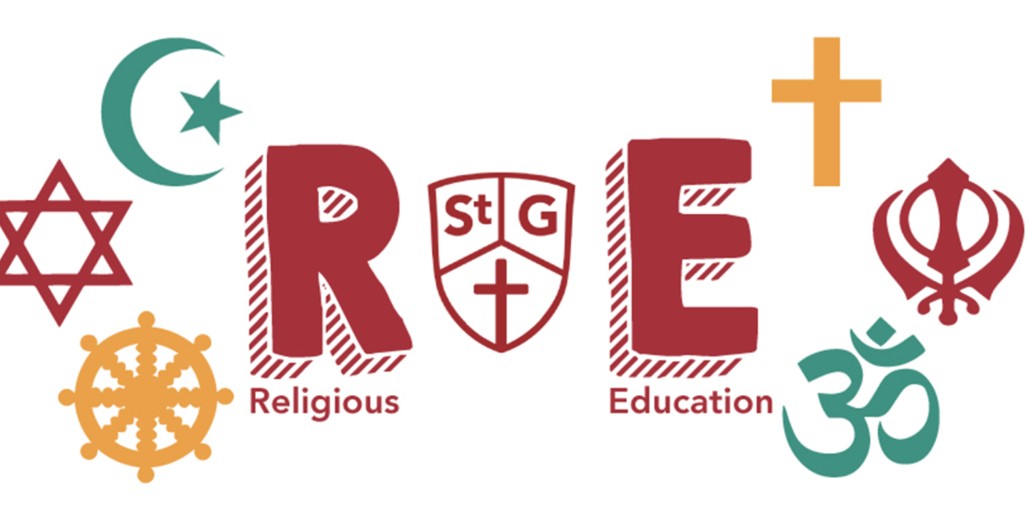15. July 2025
Admin
Education & Religion: A Balancing Act in Schools

Religion plays a significant role in Nigerian society, and this influence naturally extends into education. But in a diverse country with multiple faiths, how can schools maintain a balance between spiritual instruction and academic excellence without alienating students of other beliefs?
Quick Insight: The best schools create space for faith while upholding inclusivity, tolerance, and academic freedom.
1. The Role of Religion in Education
For many Nigerian families, moral and spiritual development is just as important as academic success. Faith-based schools (Christian or Islamic) often integrate religious values into daily routines—such as morning devotions or Qur’anic recitation—which help build discipline and character.
2. Challenges of Religious Bias
Issues arise when religious practices become exclusionary. Students from minority faiths may feel pressured, left out, or even discriminated against. This is especially concerning in schools with mixed enrollment but one-sided religious enforcement.
3. Importance of Balance and Respect
Schools that respect different faiths foster better unity. Some practices include:
- Offering alternative prayer spaces or opt-outs
- Marking multiple religious holidays fairly
- Focusing on shared values like honesty, kindness, and hard work
- Hiring diverse staff and respecting modest dress codes
4. Parents’ Role in Choosing the Right School
Parents should consider:
- Whether the school’s religious values align with their own
- If the school allows room for respectful diversity
- How the faith aspect blends with academics and personal growth
Asking about the school’s spiritual policies before enrollment can prevent future conflict.
5. Government and Policy Perspective
The Nigerian constitution allows freedom of religion, but there’s still a need for better regulation of how religion is handled in both public and private schools. National policies should ensure that students are not forced into religious practices that violate their beliefs.
6. Examples of Balanced Schools
Some private schools—like Greensprings, Loyola Jesuit, and Corona Schools—model the balance well by promoting strong values without forcing religious doctrine. Others clearly identify as faith-based, yet remain respectful of students from other backgrounds.
Final Thoughts
Religion and education don’t have to compete. With proper planning, schools can create environments where spirituality and scholarship grow side-by-side—producing not just smart students, but ethical, tolerant citizens ready for today’s diverse world.
Reminder: Respecting religious diversity in schools builds unity and peace in Nigeria’s plural society.
